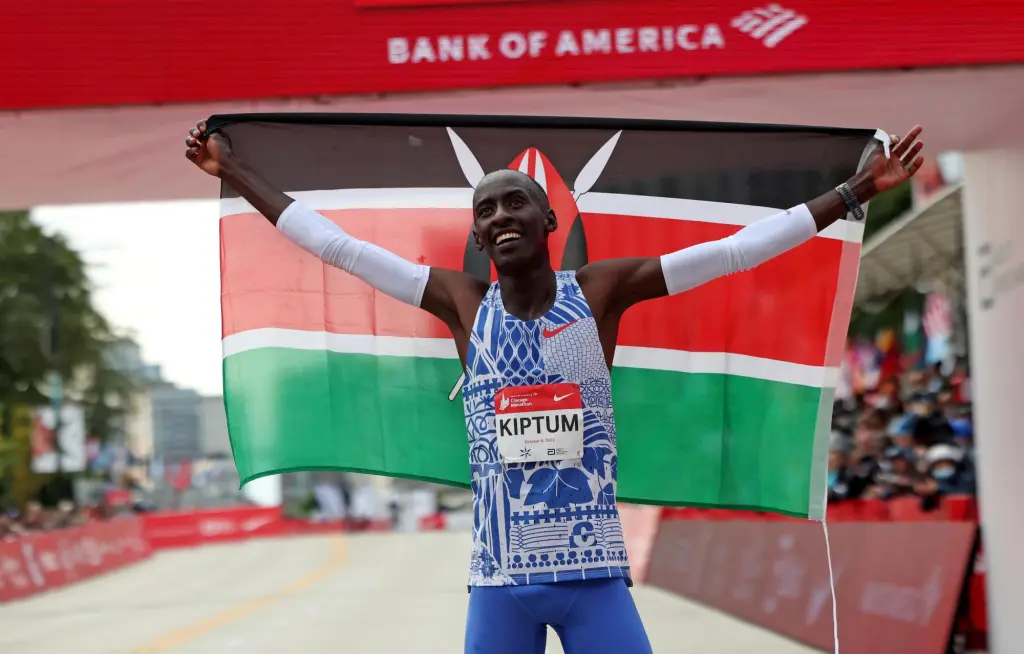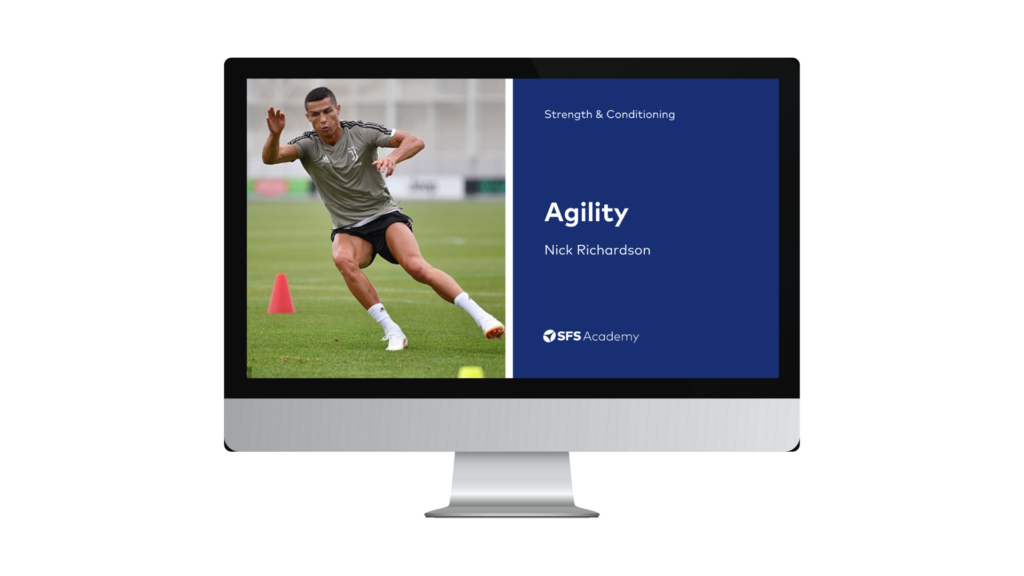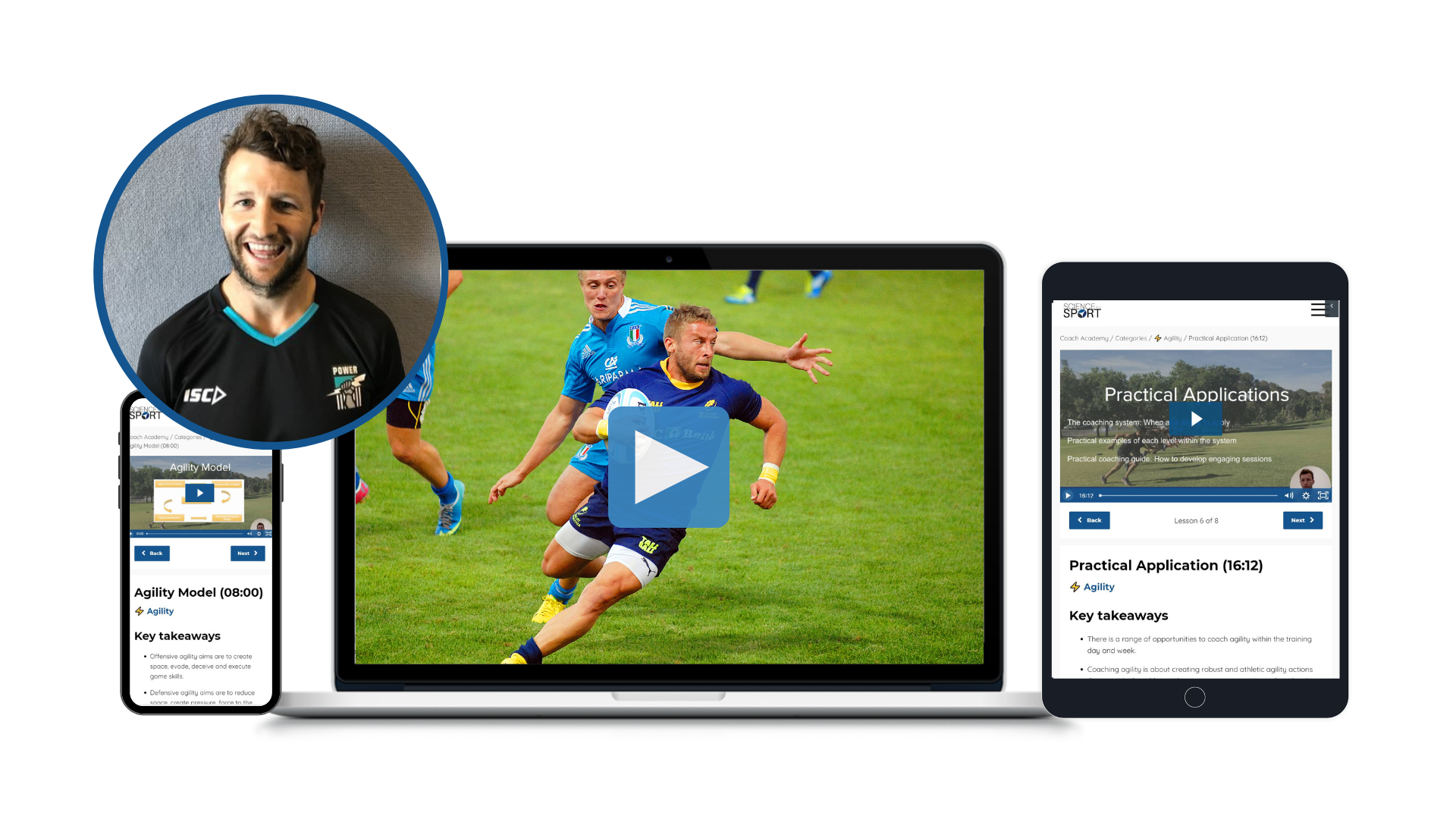This week in the world of sports science, here’s what happened…
- Kelvin Kiptum’s ferociously gruelling training regime
- Skill acquisition framework for excellence
- The three A’s of strength & conditioning program monitoring
Kelvin Kiptum’s ferociously gruelling training regime
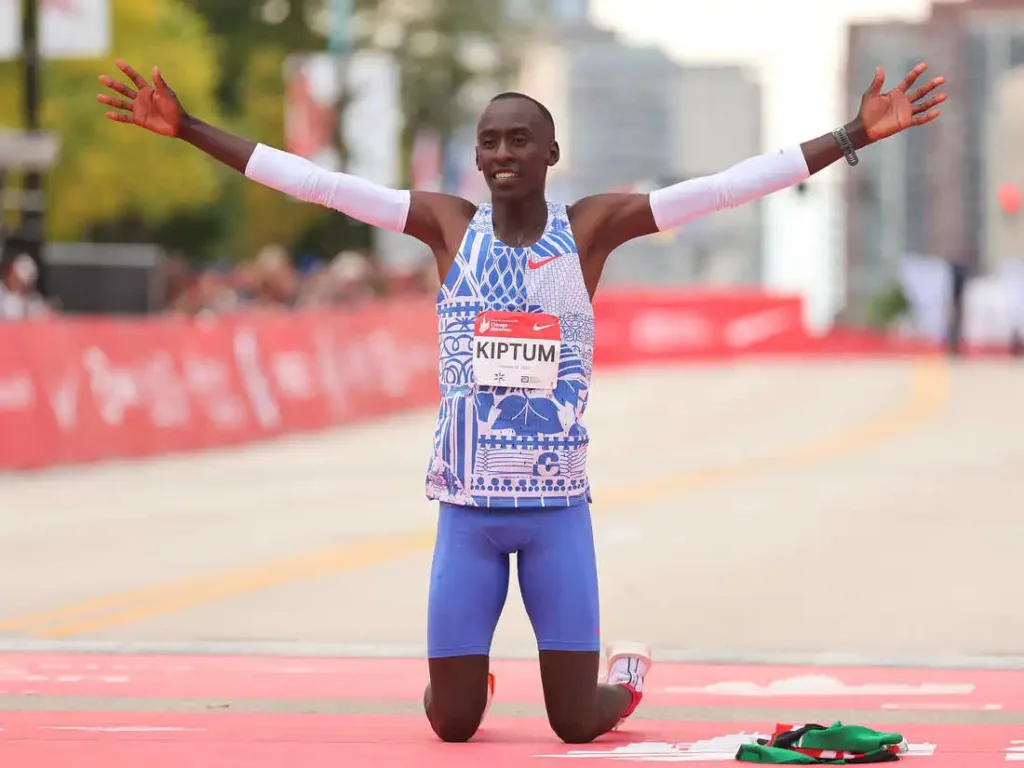
Kelvin Kiptum recently shattered Eliud Kipchoge’s World marathon record by 34 seconds in Chicago. In a recent article Kiptum’s coach, Gervais Hakizimana, revealed what a typical training week looks like. It’s BRUTAL! Kiptum’s average mileage ranges between a scarcely believable 250-300km per week! In fact, he ran over 900km in a three-week period in preparation for the recent London marathon, which he won.
The article details his weekly training program. He completes a morning and afternoon run on Mondays, Wednesdays, and Fridays, totalling 40km. On Tuesdays, he performs a fartlek track training session. On Thursdays and Sundays, he runs close to a marathon distance at a marathon pace. Saturday, he performs a track or road run. Yes, there are NO DAYS OFF! Which we do NOT recommend!
In the second half of the article, his coach solemnly discusses his fears of Kiptum’s longevity due to the crazy workload. It is worth noting that Kiptum trained himself until recently employing the coaching services of Hakizimana. Therefore, a robust coach-athlete relationship may not yet be established. Nevertheless, we should watch in awe of this incredible marathon runner in future races. It will be riveting to see how long he can sustain this ferociously gruelling training regime.
Skill acquisition framework for excellence
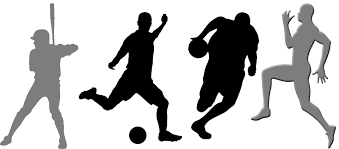
Recently, a fascinating paper was released, “Effective Practice and Instruction: A Skill Acquisition Framework for Excellence”. Skill acquisition is a captivating, yet sometimes complex topic. Its significant linkage to sporting skills cannot be disregarded. However, as the paper suggests, much of the skill acquisition knowledge is still not applied in everyday practice. Therefore, the authors of the paper proposed the Skill Acquisition Framework for Excellence (SAFE), hoping to advance skill acquisition in practice.
The SAFE is constructed on five action points.
- Find the right balance in practice between focusing on long-term learning and short-term performance.
- Focus on the quality rather than merely the quantity of practice.
- Create practice conditions that are specific to the competition.
- Consider individual differences in how learners respond to various interventions.
- Facilitate learning during practice rather than dictate or abdicate.
These action points are expertly discussed in detail throughout the paper. In addition to these action points, common myths in skill acquisition are also reviewed.
This paper is well worth checking out. The authors did a fantastic job of reviewing a tricky topic and providing practical application recommendations. After all, who doesn’t want to enhance how our athletes learn in practice? If you are interested in learning more about skill acquisition, why not check out our excellent skill acquisition course (click here).
The three A’s of strength & conditioning program monitoring
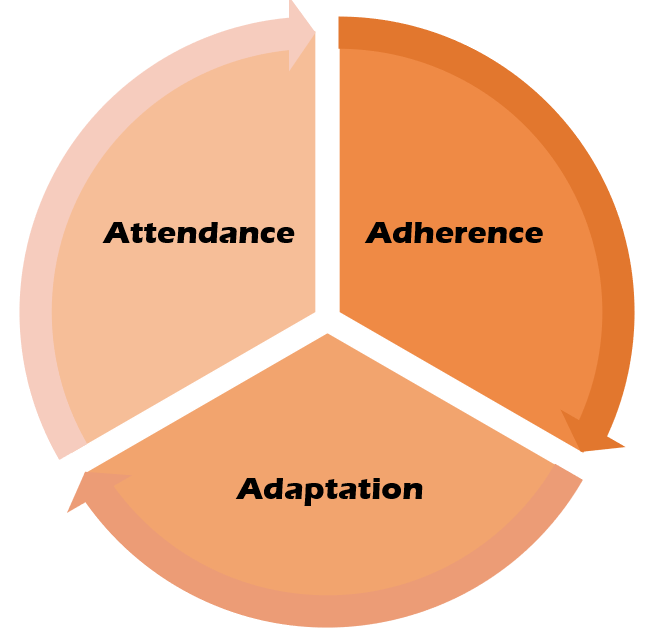
Eamonn Flanagan posted a thought-provoking tweet on X this past week. The tweet discusses the three A’s of strength and conditioning program monitoring: attendance, adherence, and adaptation. Flanagan expresses how S&C coaches repeatedly jump straight into monitoring program adaptation first.
However, in Flanagan’s opinion, it is best to start with the basics. Firstly, is the athlete attending to training and are they actively engaged in the program? Therefore, attendance monitoring is the best place to start. Once attendance has been established, then it is time to monitor adherence. What exactly is the athlete doing during their training sessions? Are they following the program exactly as it is prescribed? Thus, precisely monitoring adherence will provide essential information.
Finally, once attendance and adherence are established and understood, monitoring adaptation should be examined. This tweet is a stylish reminder for S&C coaches to not overlook the basics. Don’t underestimate the importance of attendance and adherence before “digging into the sexy stuff of adaptation” as Flanagan puts it!
From us this week:
>> New course: Relative Age Effect
>> New podcast: How To Train Like A Hyrox World Champion
>> New infographic: Roles And Responsibilities Of An S&C Coach
>> New article: How To Improve The Vertical Jump?
Access to a growing library of sports science courses
SFS Academy is an all-access membership to premium sports science education.
With SFS Academy, you’ll learn from some of the best coaches around the world as they teach you how to apply the latest research and practice with your athletes.
Get instant access when you join today on a 7-day free trial.
I hope you enjoyed this week’s roundup of the hottest sports science news, and as always, we’ll be back next week with more to keep you at the forefront of the industry.
